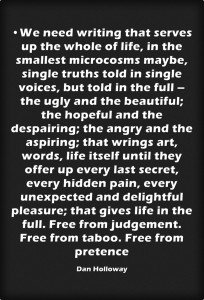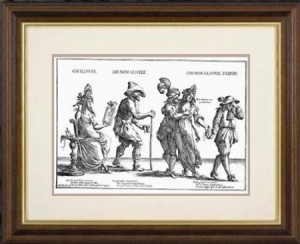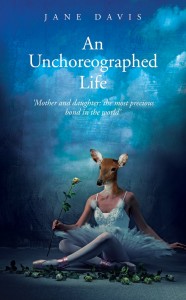Last week Dan Holloway asked me about the research I had carried out for my novel, An Unchoreographed Life, which tells the story of a ballerina who turns to prostitution when she becomes a single mother.
In truth, it was very easy to find historical accounts of prostitution. There was no shortage of reference books for the seventeenth and eighteenth centuries. But for present-day accounts, I relied in the main on Internet blogs and books such as Belle de Jour. And so I tuned in to Rupert Everett’s new series, Love for Sale, with interest.
Although I can’t agree with everything Everett said, he proved himself to be the ideal tour-guide. His opening gambit was that the dividing line between acting and whoring is very slim. (Darcy Bussell said the same of ballet and prostitution in the past in her recent Darcy Bussell’s Ballet Heroines.) He also admitted to having been paid for sex and paying for sex. At the same time, Everett managed to offend a retired sex worker, Rachel Moran, who found his comparisons between to prostitution and other types of paid work offensive.
Whilst proposed changes in the EU’s laws were not specifically referenced, the reason for the programme scheduling is clear. The time has come to challenge the public’s perception of who the people who buy and sell sex are.

I was hoping not to be surprised by anything I saw, because that would mean that my own research wasn’t thorough enough. But there was no sense of relief. When one twenty-eight-year-old prostitute who had a seven-year-old daughter told Everett that she had given herself two years to turn her life around, it felt all too familiar.

However, there were a few points that bear re-stating:
- The range of charges between a woman working the streets of Liverpool and a high-class escort was staggering. At one end of the scale it was £20 at hour; at the other it was over £700 an hour.
- Among the sex workers employed by a single agency were nurses and teachers. They were able to equal their weekly take home by working one of their day’s off. In other words (1) sex work pays five times a nurse’s or a teacher’s salary, and (2) nurses and teachers need double what they earn in order to support themselves.
- Since running a brothel is illegal, the ‘girls’ (because they are, in the main, women) employed by agencies work alone. One girl on one premises at any one time. This means that there is only so much that an agency can do to protect their workers. There is no safety in numbers.
- In Paris, a group of girls were operating out of the back of a parked van in the middle of a wood.
- Julianna, a high-class escort whose rate is £700 an hour, sees mainly professional businessmen and suspects her charges are claimed as company expenses.
- Although he welcomed the opportunity for travel, one male prostitute admitted that he had lost eight friends in just eighteen months to suicide. When the customer leaves, you are alone.
- Prostitutes who worked in red light district of Amsterdam felt very protected in the knowledge that they were in complete control. Working from shop windows that could only be opened from the inside, one explained that she had become astute at screening potential customers, reading their appearances and body language: Does he have the ability to pay? Is he safe? Does he look kind? Has he been drinking?
As Tanya Gold wrote in the Guardian (under the unhelpful headline, Legalising the sex trade means state approved, monetised gangbangs): ‘In Sweden, for instance, where the punter is criminalised, the trade just moves elsewhere.’ And yet that is exactly what the EU proposes.
It was Sister Linda (who works with street workers who sell their bodies to fuel their drug habits) who seemed to be the only person to address this issue (which just goes to show that the quiet voice is often the one you should pay attention to). Unfortunately Everett changed the subject. Perhaps he had expected a nun to be judgemental. Perhaps she was jumping ahead to a point he wanted to make later in the series. Sister Linda pointed out that if prostitution is driven underground, the demand will be met by an increase in sex trafficking.

A word of warning: this series may not be for you. Daily Mail reviewer Claudia Connell wrote, ‘The whole thing was grubby’. Interestingly, she gave a glowing review to crime drama, Prey. To me, this shows just how desensitised we have become to violence, murder, and people being generally unpleasant, while a subject that deserves to be explored and humanised left her ‘feeling like I was possessed by the spirit of Mary Whitehouse.’
If I could change one thing about my character Alison after watching the first programme of the series, it would not be her character traits, but her appearance. In trying to create a flawed but sympathetic character, I have suggested that she is physically attractive. Had I been braver, she wouldn’t have been the woman who wears dark glasses and dresses down so that she doesn’t draw attention to herself. Alison should have been the woman you would walk past without giving a second glance.


